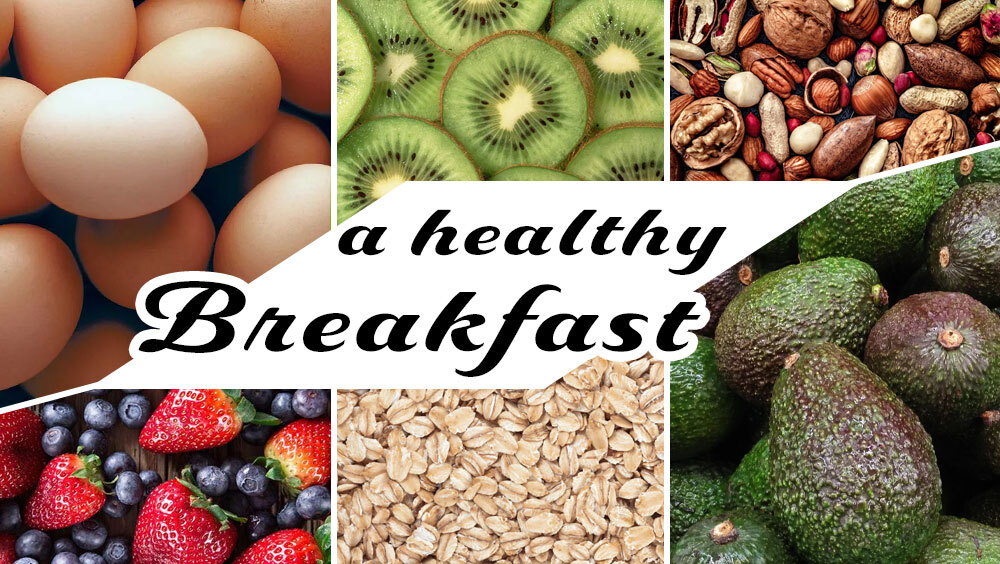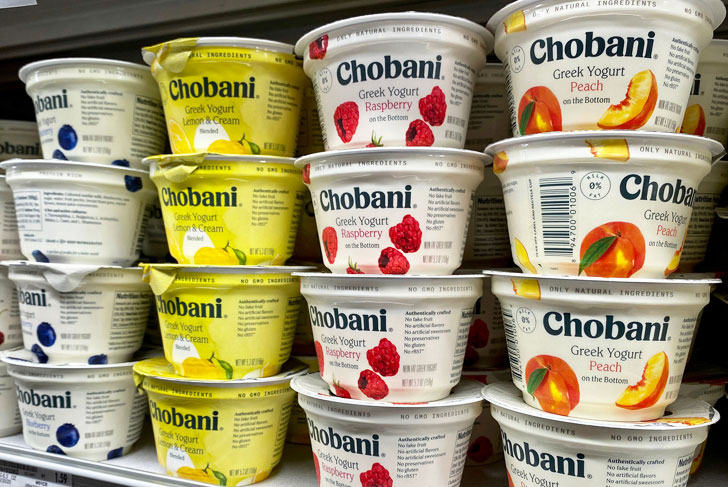Breakfast, the cornerstone of your day, provides crucial energy and nutrients. Making wise selections can promote sustained energy, improve focus, and prevent later overeating. This article navigates through an array of healthy breakfast foods and drinks, spotlighting their nutritional benefits. It aims to create a roadmap for a well-balanced morning meal. Whether you're a culinary novice or a seasoned chef, you'll find valuable insights for crafting a breakfast that marries taste with nutrition.
Eggs
Nutritional Facts: 1 lg Egg
Protein: 6 grams
Calories: 72 calories
Carbohydrates: 1 gram
Calcium: 28 milligrams

Eggs are an excellent breakfast choice due to their nutrient-dense profile. They are complete proteins, providing all nine essential amino acids and 6 grams of protein per egg, promoting muscle repair and satiety. Eggs also offer vitamins A, D, E, B12, and choline, fostering immune and bone health, cell function, and brain development. Despite misconceptions, the cholesterol in eggs doesn't significantly affect blood cholesterol for most individuals. Enjoying eggs for breakfast is a tasty and nutritious way to start the day.




